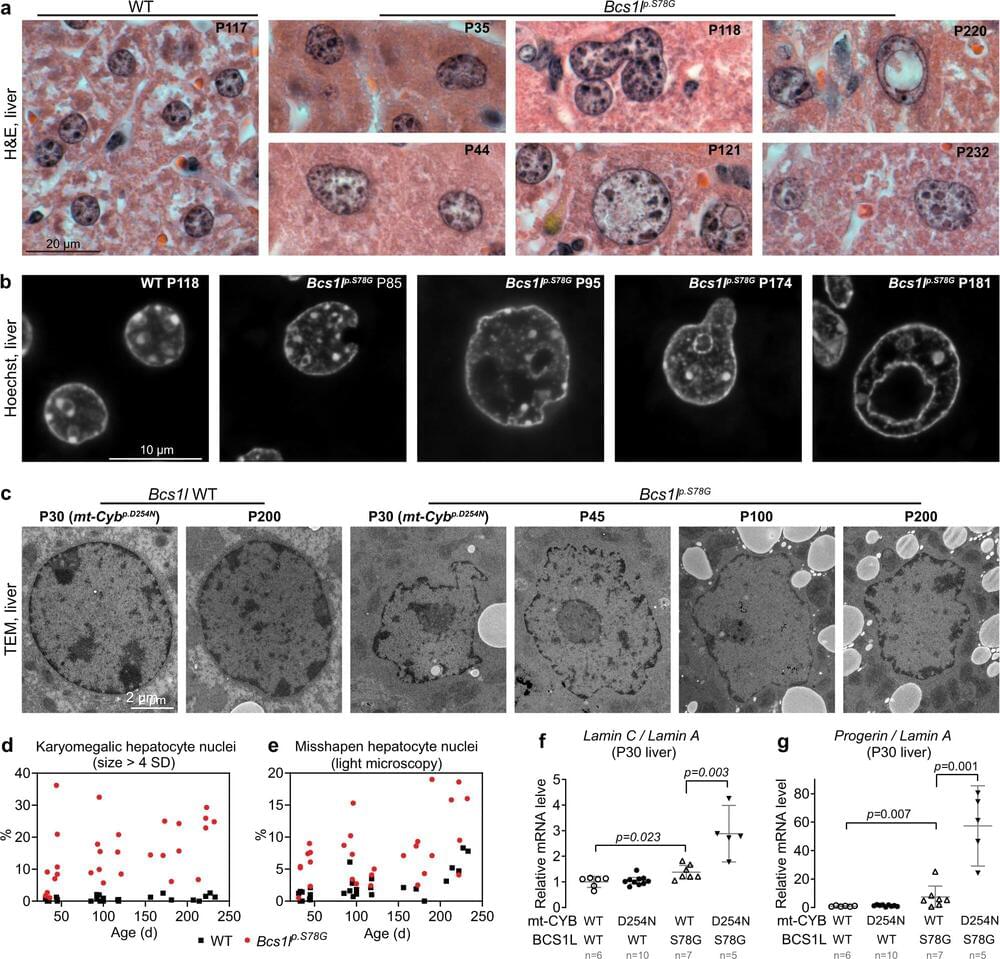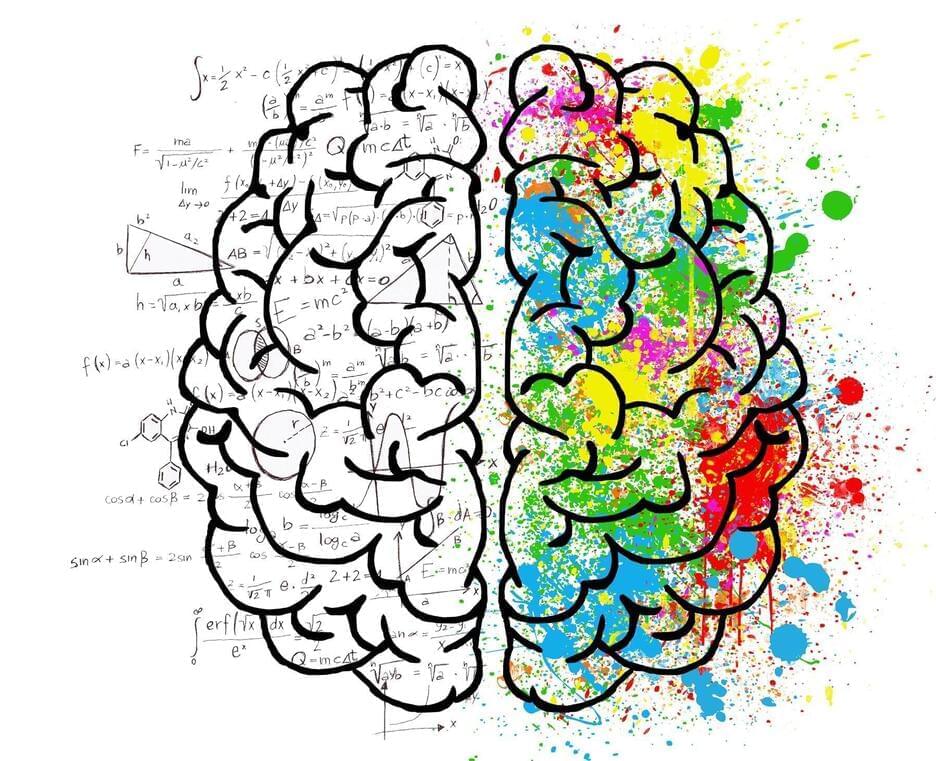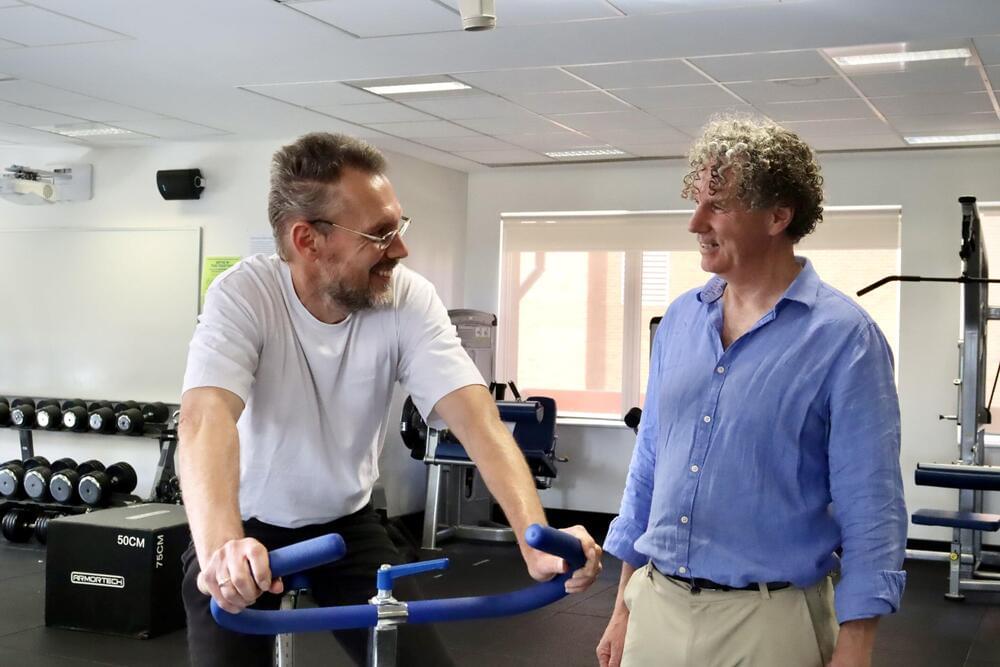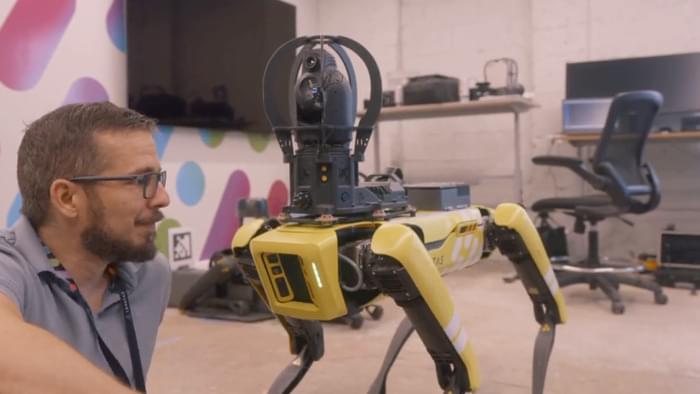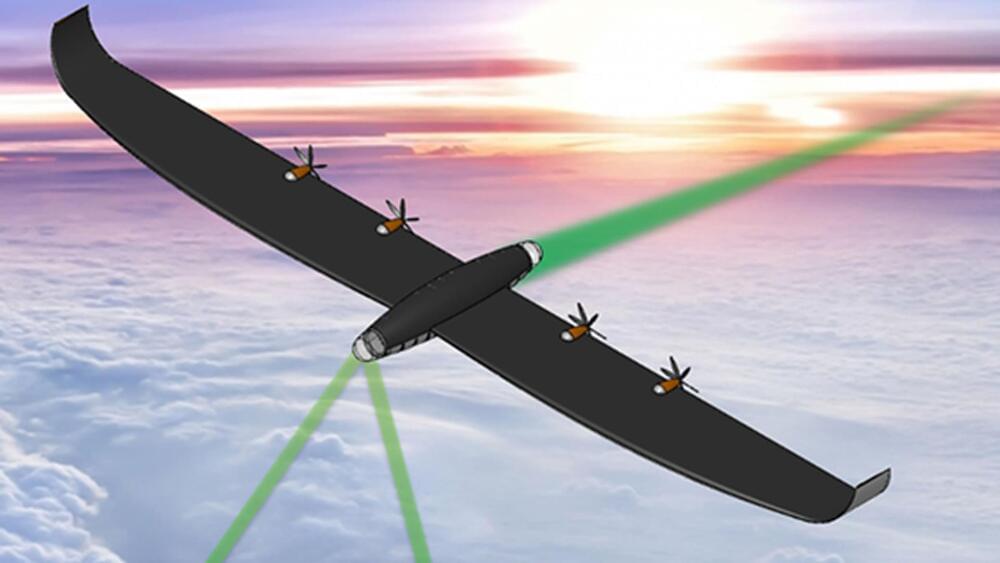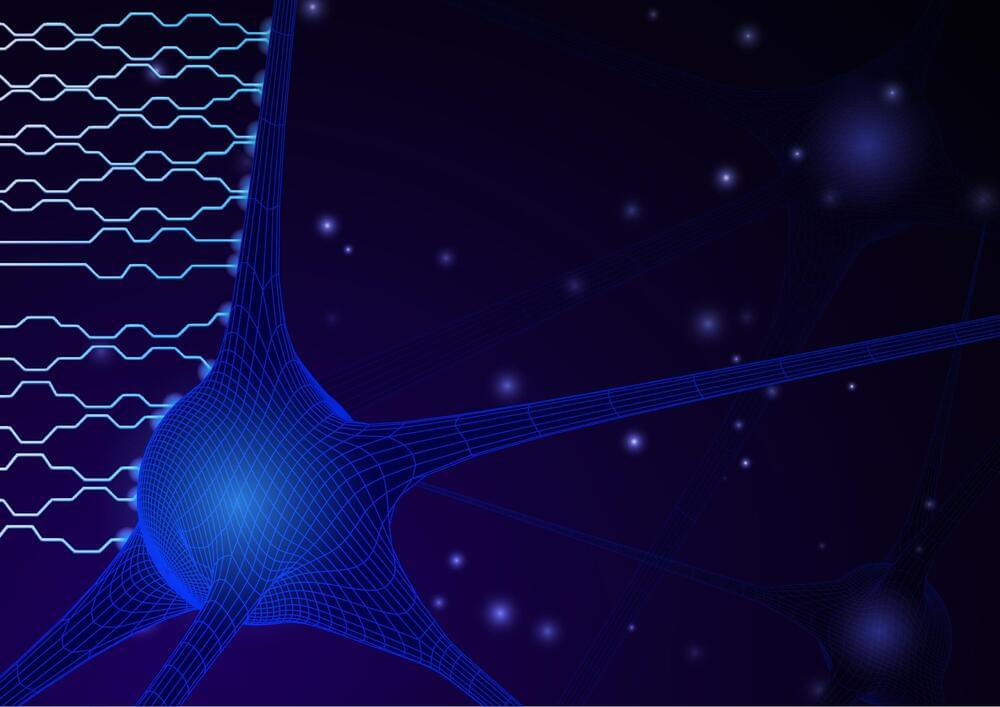May 3, 2023
Mechanism resembling aging and cancer found in a Finnish mitochondrial disease
Posted by Shubham Ghosh Roy in categories: biotech/medical, genetics, life extension
A study has found that a mitochondrial disease in newborns shows cancer-like changes in proliferating cells, causing tissues to age prematurely. The finding is a significant step forward in understanding the syndrome and developing treatments for mitochondrial diseases.
GRACILE syndrome, a mitochondrial disease that is one of the Finnish heritage diseases, shows altered cell metabolism and proliferation resembling that of cancer cells. In the future, similar mitochondrial diseases could potentially be treated by limiting excessive cell proliferation. This is demonstrated in a study led by docent Jukka Kallijärvi and professor emerita Vineta Fellman that was carried out at the Folkhälsan Research Center and the University of Helsinki and published in Nature Communications in April 2023.
Mitochondria are organelles responsible for a large portion of cellular energy metabolism. Mutations in genes required for mitochondrial functions cause mitochondrial diseases in humans. GRACILE syndrome is caused by a malfunction in the respiratory chain, the very system the mitochondria utilize to generate cellular energy. The onset of the syndrome is in the fetal period, manifesting after birth as a liver and kidney disease with severe metabolic complications. Newborns with the syndrome usually only survive a few weeks.
